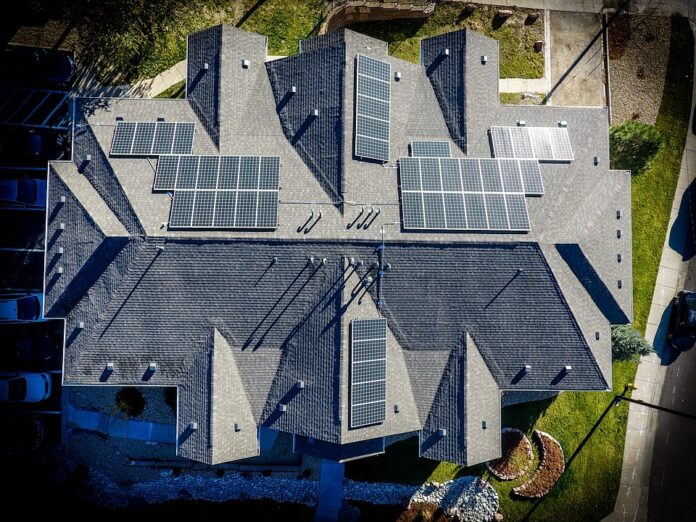In today’s world, where environmental concerns are at an all-time high, many people are embracing sustainable lifestyles by opting for eco-friendly products. From reducing waste to conserving energy, there are countless ways to make a positive impact on the planet. In this article, we will explore some of the top eco-friendly products that can help you lead a more sustainable lifestyle.
Reusable Water Bottles
One of the easiest ways to reduce your environmental footprint is by ditching single-use plastic water bottles in favor of a reusable option. Not only are reusable water bottles better for the planet, but they are also more cost-effective in the long run. Look for options made from stainless steel or glass, which are durable and free from harmful chemicals like BPA.
Biodegradable Cleaning Products
Traditional cleaning products often contain harsh chemicals that can pollute waterways and harm aquatic life. Switching to biodegradable cleaning products is a simple way to minimize your impact on the environment. These products are made from natural, plant-based ingredients that break down more quickly and are safer for your health.
Bamboo Toothbrushes
Did you know that billions of plastic toothbrushes end up in landfills each year? By switching to a bamboo toothbrush, you can help reduce plastic waste and promote sustainable practices. Bamboo is a fast-growing, renewable resource that is biodegradable, making it an eco-friendly choice for your daily oral hygiene routine.
Reusable Shopping Bags
Plastic bags are a major contributor to pollution, with millions ending up in the ocean each year and harming marine life. By using reusable shopping bags made from materials like cotton or jute, you can help reduce plastic waste and cut down on your carbon footprint. Keep a few bags in your car or purse so you always have them on hand when shopping.
Solar-Powered Chargers
In today’s digital age, we rely heavily on electronic devices like smartphones and tablets. Instead of constantly plugging them into traditional chargers that rely on fossil fuels, consider investing in a solar-powered charger. These devices harness the power of the sun to charge your electronics, providing a renewable and sustainable energy source.
Compostable Food Containers
Takeout containers and packaging are often made from non-biodegradable materials that end up in landfills and contribute to pollution. Switching to compostable food containers made from materials like sugarcane or cornstarch can help reduce waste and support a circular economy. These containers break down quickly and can be composted along with your food scraps.
In conclusion, incorporating eco-friendly products into your daily routine is a simple yet impactful way to live a more sustainable lifestyle. By making conscious choices about the products you use, you can help protect the planet for future generations. From reusable water bottles to compostable food containers, there are countless options available to help you reduce your environmental impact.
Frequently Asked Questions:
1. How can I reduce my plastic waste?
One way to reduce your plastic waste is by switching to reusable products like water bottles, shopping bags, and food containers. By choosing items made from sustainable materials like bamboo or biodegradable materials, you can minimize your reliance on single-use plastics.
2. Are eco-friendly products more expensive?
While some eco-friendly products may have a higher upfront cost, they are often more cost-effective in the long run. For example, investing in a reusable water bottle may cost more than a single-use plastic bottle initially, but you will save money over time by not purchasing disposable bottles. Additionally, many eco-friendly products are durable and long-lasting, making them a smart investment for both your wallet and the planet.
3. How can I make my home more sustainable?
There are many ways to make your home more sustainable, from installing energy-efficient appliances to using eco-friendly cleaning products. You can also reduce water waste by fixing leaks and installing low-flow fixtures. Additionally, incorporating sustainable practices like composting and recycling can help minimize your impact on the environment.

